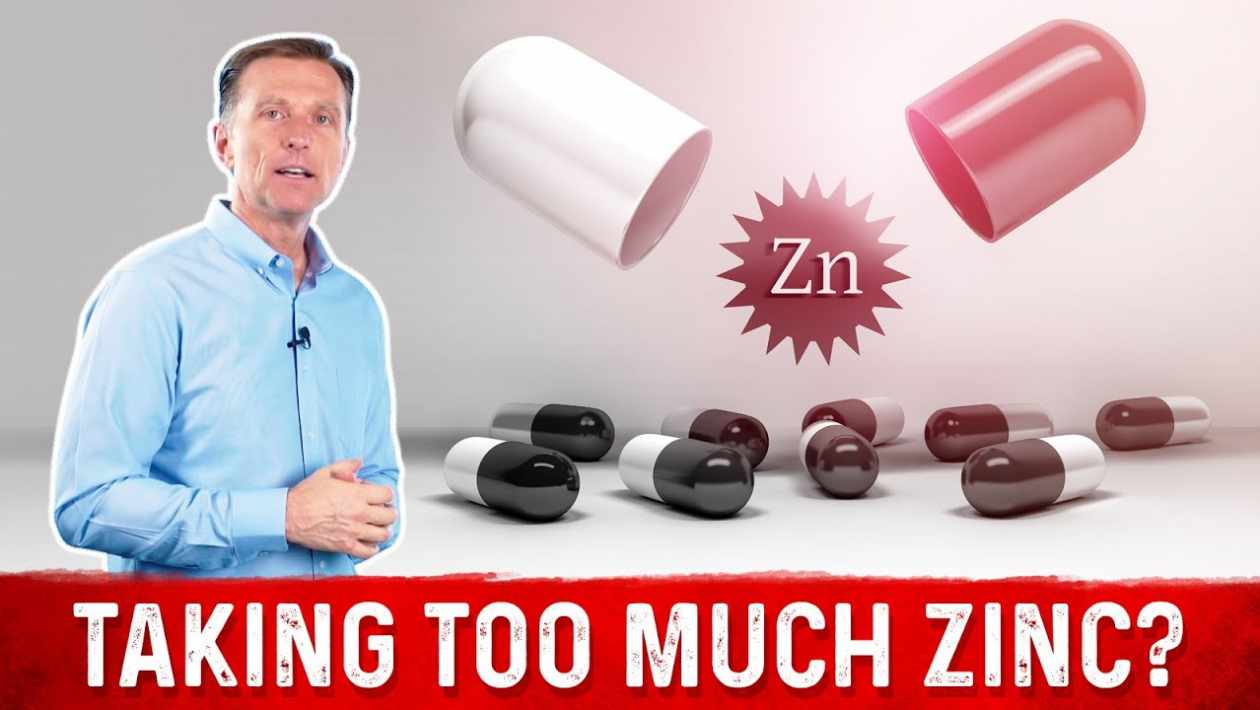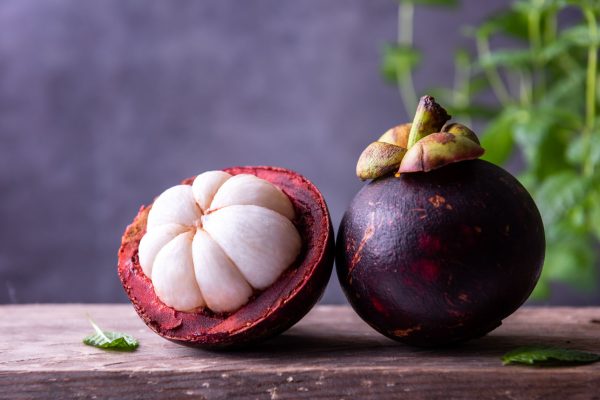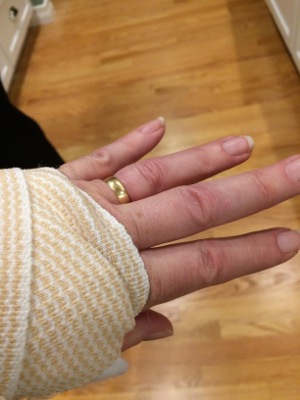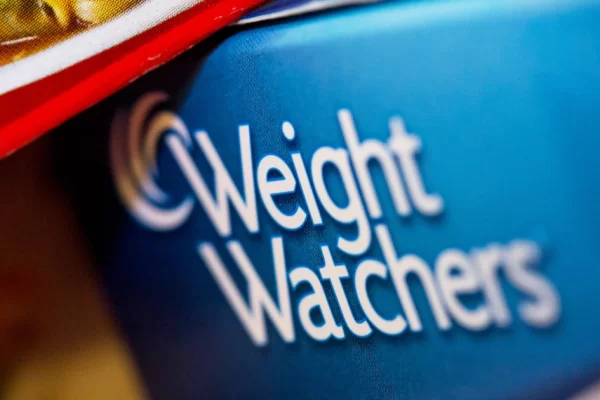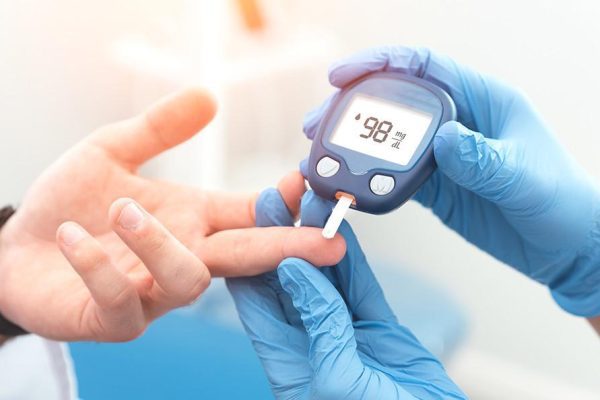Zinc is a trace element that must be provided daily through food, mainly during growth and athletes. However, it is very usual to run out of them. How much zinc is too much and avoid a deficit?
Fundamental for immunity and cell metabolism
Even if the body contains at most only 2.5 g of zinc. It is nevertheless one of the most important minerals. So great is its involvement in multiple vital processes.
Zinc is present in every cell of the body, and on its own. It activates more than 200 enzymes responsible for the proper functioning of lipid, protein, and carbohydrate metabolism.
It participates in the synthesis of multiple proteins, particularly in the formation of collagen and keratinocytes. Which makes it a key element in the beauty of the skin, hair, and nails. In case of injury or burn, it promotes healing.
How much zinc is too much?
It can affect our health in a numerous ways. Many foods contain zinc. Drinking water also contains a certain amount of it. Which can be higher when the water is stored in metal tanks. The level of zinc in water can reach levels that can cause health problems from industrial discharges and toxic waste sites.
For human health, it is a vital element to maintain growth. If you absorb too much zinc, it can be harmful to you. On the other hand, zinc deficiency can cause Anorexia, indigestion, distaste, loss of food smell, etc. Even you will face lots of problems during pregnancy.
Environmental impact
Zinc occurs naturally in air, water, and soil. But its concentrations unnaturally occur due to release from human activities. Most of the time it is released from industrial activities. Such as mining, coal and waste burning, and the steel industry.
Global zinc production is steadily increasing, which means more it is entering the environment.
It also polluted the water, air, and soil. Industrial factories are continuously extracting huge amounts of zinc in the water and air. Waste materials of factories mixed up with river that causes water pollution. Also, the increase in the acidity of water is because of it.
However, it also hurts fish. But some fish can live with it by storing them in their body.
It is also essential for the synthesis of DNA and the formation of new cells. Which explains its important role in developing the fetus and the growth of children.
It involves in the fight against free radicals. Thanks to its antioxidant properties. In particular, it slows down the aging of the skin and eyes.
Certain hormones, such as insulin, testosterone, and growth hormone, are dependent on it. Therefore, it involves in the regulation of blood sugar levels, reproduction, and sexual activity.
It acts in the production of sperm, hence its action on male fertility.
Zinc is one of the essential elements for the transmission of nervous signals. And it participates in the maintenance of cognitive functions.
Finally, zinc directly plays a role in the mechanisms of the immune system. It is necessary to develop white blood cells to fight infections. Also, it involves the prevention of autoimmune diseases and allergies.
What foods can you find zinc?
Animal sources:
oysters:unequivocally, the most important source
veal liver above all, but also beef or pork
eggs
meat: beef, veal, chicken, etc.
Fish:herring, cod, etc.
Plant sources:
They can provide appreciable zinc quantities. But the latter generally less well assimilate, the phytates present in plants reducing its absorption.
Whole grains:rice, wheat, etc.
Legumes:lentils, chickpeas, etc.
Oilseeds:sesame seeds, squash seeds, etc.
Are you sure you are covering your needs properly?
Although zinc is present in many foods, slight deficits are very common today. According to studies, between 57 and 79% of people do not receive an adequate daily intake of 12 mg for men and 10 mg for women.
In reality, you should adjust your needs according to age and activity. Those of athletes thus increase, zinc eliminate through sweat. Likewise, the elderly see their absorption capacity decrease and must increase their intake. The needs of pregnant women also increase to ensure the balanced growth of the baby. Finally, it considered the contributions of vegetarians. That should increase by 50%, the vegetable zinc being less bioavailable.
The Five Signs of a zinc deficiency– How much zinc is too much
Before a marked deficiency sets in, pay attention to the most obvious signs that alert you to a possible lack of zinc:
White spots on your nails. They are brittle.
You find that the food is tasteless, your sense of smell is disturbed.
Your sores have trouble healing. You lose too much hair.
Feeling tired, and catch any germ that passes within your reach.
You can no longer concentrate. You have blackouts.
A blood test will allow you to confirm a possible zinc deficiency.
In case of a proven deficit, start by improving your food intake. But a food supplement is often necessary to replenish reserves. The recommended zinc daily intake is 15 mg for 3 to 6 months.
In practice, optimize your zinc intake.
The body only absorbs 15 to 40% of dietary it. And it does not constitute a reserve, which makes it necessary to put on the menu each day some of the following foods:
Seafood, shellfish, or crustaceans once a week.
Meat and fish 4 to 5 times a week.
Eggs 3-4 times a week.
Whole or semi-whole grains: sourdough bread, rice, pasta, etc.
Legumes 3 to 4 times a week
A handful of oilseeds every day: pumpkin seeds, sesame seeds, pine nuts, Brazil nuts, almonds, etc
Wheat germ: one to two tablespoons each day, its zinc content is very interesting.
Risks of greater deficit for vegans
Suppose you are a vegetarian and your diet includes a good portion of whole grains and legumes. In that case, it is necessary to eliminate phytic acid to ensure better bioavailability of it and other minerals.
Soak cereals and legumes between 4 and 12 hours, depending on their type. However, in pure water to activate the germination process and neutralize a good part of the phytic acid. Then discard the soaking water, rinse and cook.
Think of sprouted seeds (leek, radish, etc.), fermented foods (raw sauerkraut, tamari, tempeh, etc.). And seaweed (kombu, nori, dulse, etc.) as additional sources of it.
It consume in moderation
A major metal for fitness and health
Zinc nests 95% inside the cells of the body. And the plasma contains only 0.1%. Almost all type zinc food is bound to proteins.
It is involved in many vital processes in humans. In more than 200 reactions involving enzymes and around 10% of proteins.
Thus, the most important functions concerned are:
cellular respiration,
reproduction of nucleic acids (DNA and RNA),
the integrity of cell membranes,
the capture and destruction of free radicals,
anti-inflammatory processes,
hormonal regulation,
glucose regulation
Some studies show that zinc could promote bone reconstruction. But the precise mechanism has not been elucidated.
The fight against aging
For the fight against free radicals, zinc works in conjunction with specialized enzymes. And minerals such as copper and selenium. Also, a zinc deficiency can be the cause of tinnitus, decrease the effectiveness of taste (tongue), be a factor of depression.
Finally, it is involved in wound healing reactions. In short, it is extremely involved in preserving our body’s good integrity and fighting damage to cells. Therefore, it reduces the risk of cancer and the rate of cellular aging.
Toxic in case of excess zinc– How much zinc is too much
However, in high doses, zinc is toxic. The medical press has reported for at least ten years that excess can lead to significant disorders. Such as digestive problems, cardiovascular problems (cholesterol), immune disorders, risks of cancer (suspicion on the prostate in particular), and damage to the nervous system. Also, an excess of zinc reduces the absorption of other essential minerals (iron and copper in particular), resulting in additional problems.
The regulation of it in the human body requires a greater or lesser absorption from the intestines. Losses through urine are not regulated. And depend on the concentration of it in the blood. Therefore, a decrease in urinary zinc elimination is characteristic of a lack of it in an otherwise healthy person.
A precise dosage to monitor and control
The needs are low (10 mg and 12 mg per day of recommended nutritional intake – ANC – for adult women and men) but imperative. Pregnancy involves an additional intake of around 40%. However, the Maximum Tolerable Daily Intake (AJMT) of the European Food Safety Authority (EFSA / AFSA) is 25 mg per day, i.e., a dose close to the ANC.
Zinc is found in fish, meat, dairy products, and grains. However, whole grains, which are beneficial in many ways, decrease the absorption of it. They imply, then, greater ingestion to have an adequate absorption.
FAQ of how much zinc is too much
-
When to take zinc morning or evening?
In the form of a cure, the recommended amounts vary according to use. For example, it can prevent colds, between 80 and 100 mg of it will be needed each day, to strengthen immunity, regulate blood sugar. Or treat acne, 30 mg/day will suffice. For optimal action, we recommend taking it in the morning on an empty stomach.
-
What is the role of zinc in the body?
It is a trace element. That is to say, a mineral salt present in a small proportion in our body. It nevertheless has an essential role. Like stimulation of the immune system, protection against cellular aging, maintenance of the skin’s quality, nails, and hair.
- Where can we find zinc in food?
The richest foods (apart from oysters) are organ meats, red meat, whole grain meal bread, and eggs. Oysters remain the food richest in proportion. And above all, it is particularly assimilable.
-
What effect does zinc have on the skin?
For the skin, zinc is an essential ally! Thus, it promotes healing and involves in many skin problems: psoriasis, leg ulcer, skin infections. Its role in the face of acne, for example, is now well demonstrated.
- How to heal faster naturally?
The essential oil of cistus laciferous is also recommended to accelerate the healing process. It acts on abrasions thanks to its anti-hemorrhagic, healing with antiseptic properties. Another essential oil is that of rose geranium. This oil is healing and regenerating.
-
What foods heal faster?
It is necessary to put on your plate foods rich in vitamin C To help a wound heal. Such as citrus fruits, kiwis, strawberries, blackcurrants, peppers, currants, spinach. Vitamin C strengthens the immune system. And it limits the risk of infection. It also stimulates the regeneration of cells.
- How is the healing going?
When it has been damaged, the skin spontaneously reconstitutes itself. And keeps a trace of this trauma. It’s the scar. “The skin, helped by the immune system, goes through several phases to rebuild itself. It begins by removing debris and bacteria. That may have remained there from the wound.
Conclusion of how much zinc is too much
In very small doses, zinc is essential. It is involved in many biological processes. In particular, immune protection, and neutralization of free radicals can cause various diseases. It is necessary to control it finely.
A significant fraction of the western population absorbs insufficient zinc. Thus, more than 50% of women and a little less than 50% of men are deficient in the Recommended Nutritional Intake. With the drawbacks on form and health mentioned above.

